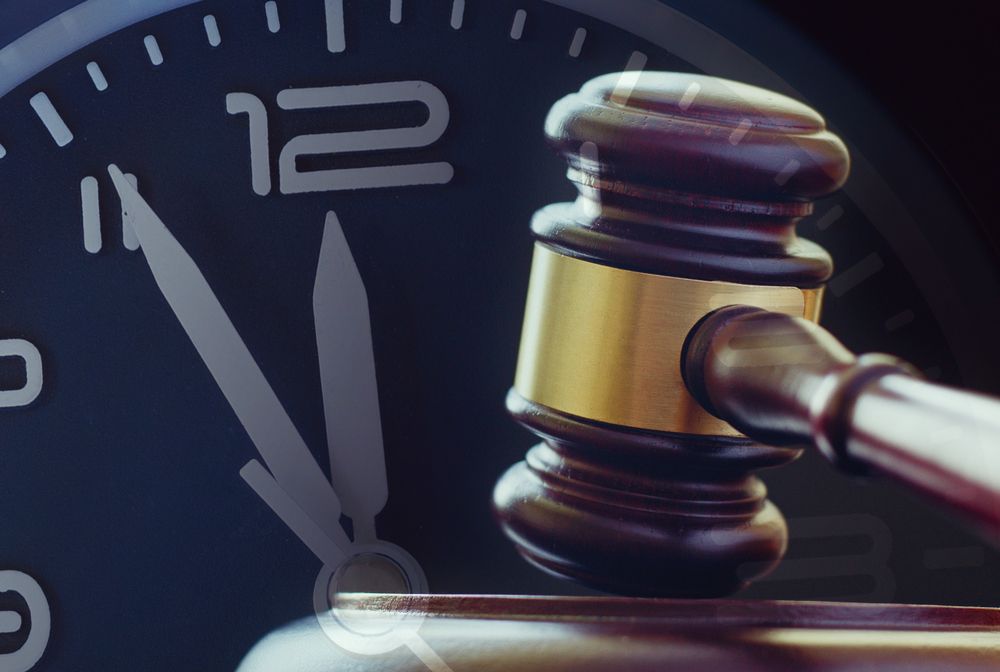How Long Does a Court-Martial Take Anyway?
It is hard to pinpoint exactly how long a court-martial will take. Still, an experienced military lawyer can give you a good approximation of how long your court-martial will take based on several factors.
First is the type:
A Summary Court-Martial is the lowest level of court-martial and generally lasts a single day.
Next, in a Special or General Court-Martial. In this type of Courts Martial, charges are preferred using a charge sheet, which gives the accused notice of the specific allegations for which they are being prosecuted.
A Special Court-Martial is typically used for misdemeanor-level charges. Generally, Special Courts-Martial last anywhere from 3-6 months from the date of preferral all the way through the end of the trial. If a panel or court finds the accused guilty, they can receive no more than one year of confinement time.
The Special Court-Martial has two subsets. One is the ‘straight’ special, which is tried before a Judge. The ‘so-called’ normal Special Court-martial allows for a judge and a bad conduct discharge (“BCD”) characterization.
There are times that either Special Courts-Martial works to the advantage of the accused and times when it serves as a deterrent. It is hard to imagine a scenario when a service member could be facing either or not needing the assistance of an experienced counsel. At Owens & Kurz, we usually see a Special Courts Martial when the offenses involve drug use.
Finally, a General Court-Martial is usually convened with the preferral of felony-level charges. It can take three months to over a year from the date the charges are alleged until the end of the trial. These are more serious offenses where the maximum punishment can be death, and many charges can result in life in confinement, such as murder, rape, sexual assault, assault, battery, or domestic violence allegations.
General Courts-Martial take longer for a multitude of reasons. One is the General Courts-Martial, which requires a Preliminary Hearing to determine whether probable cause exists before sending charges forward to trial. The Preliminary Hearing, if handled correctly, serves as an additional layer of protection against an unjust case proceeding to trial.
Another reason for the longer timeline for General Courts-Martials is that counsel will likely have requested the appointment of expert witnesses and consultants.
Additionally, if the case involves the analysis of DNA or other forensic evidence, then the investigation can take even longer. This is because when forensic evidence is submitted to the USACIL Crime Lab, the evidence falls into a queue with all other evidence from cases all over the country and even from overseas installations. The waiting list of evidence alone can result in the delay of a case.
If you are facing charges – call Joseph Owens, and if you are terrified, call Margaret Kurz to discuss your options.
Phone: 888-570-4612


